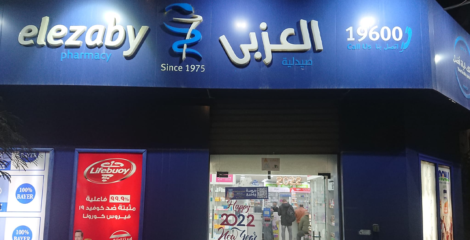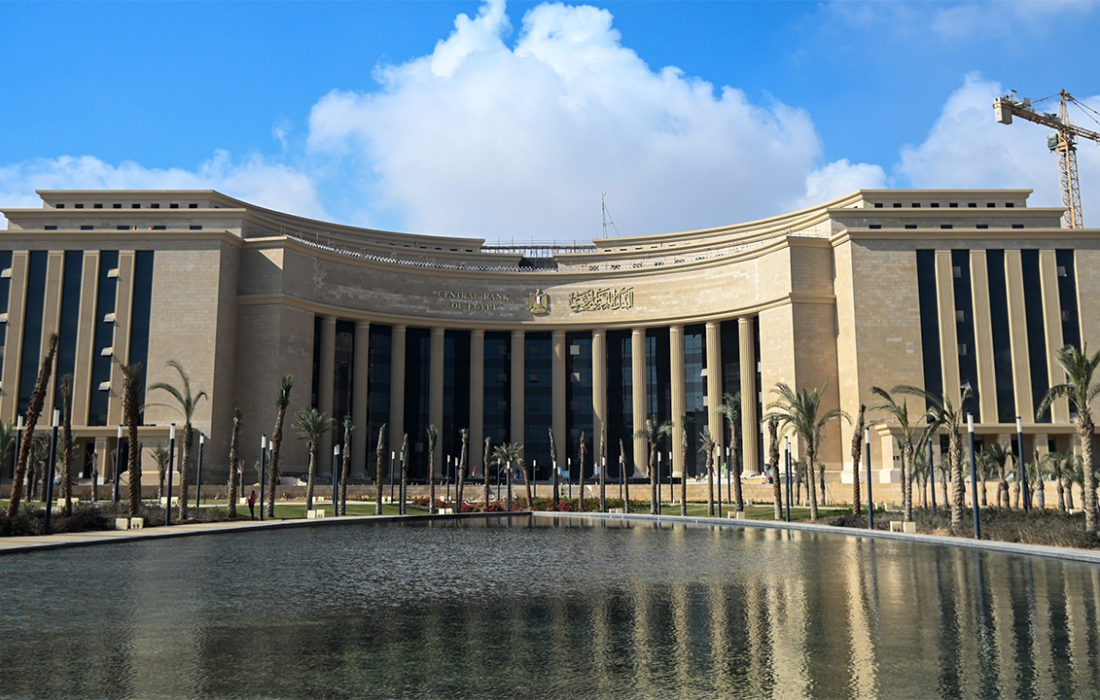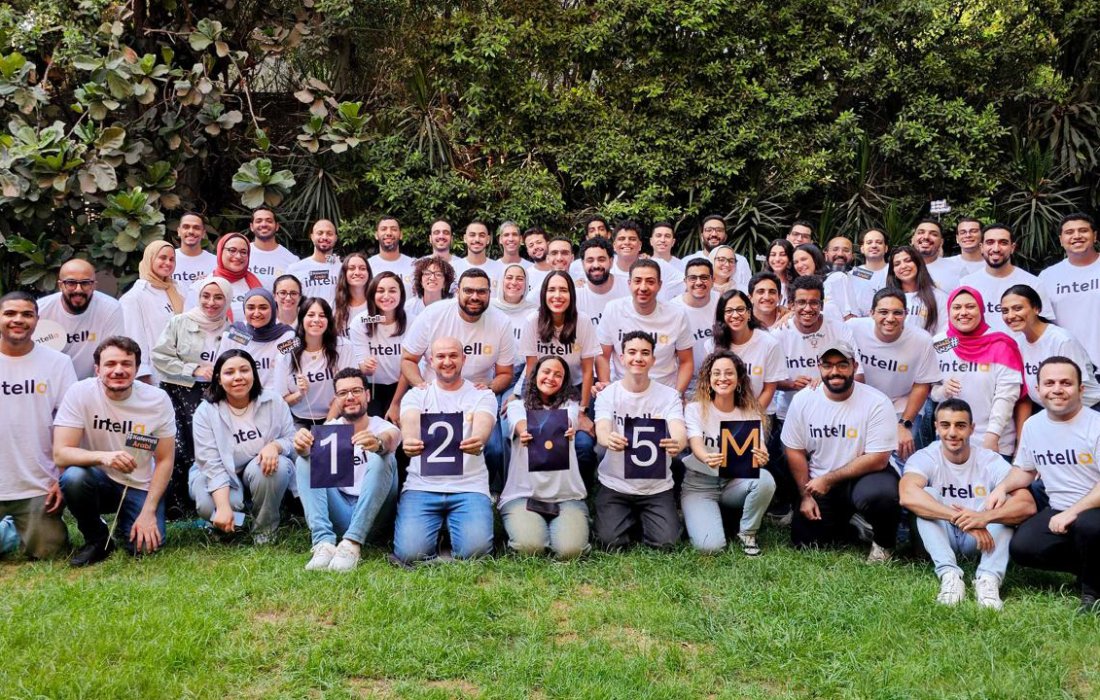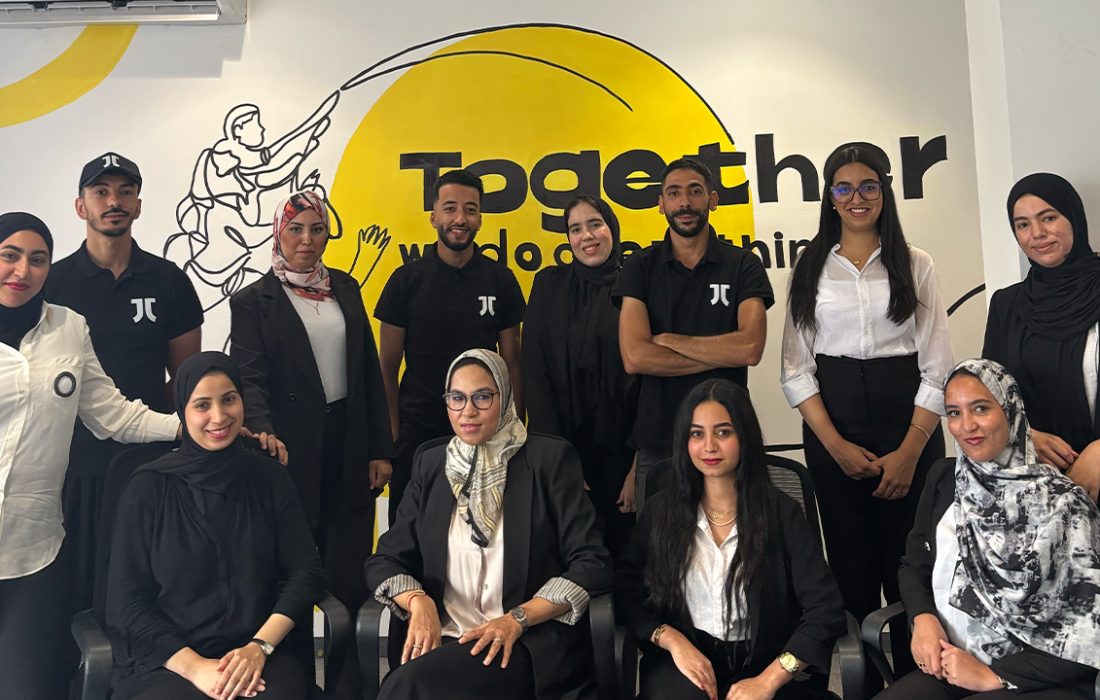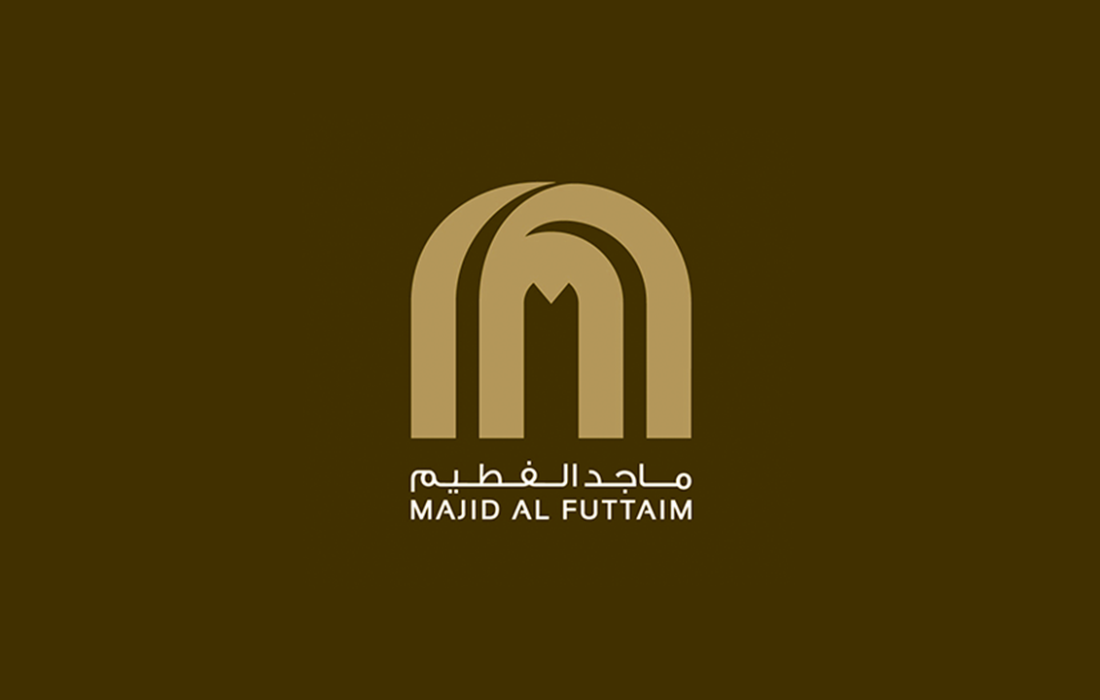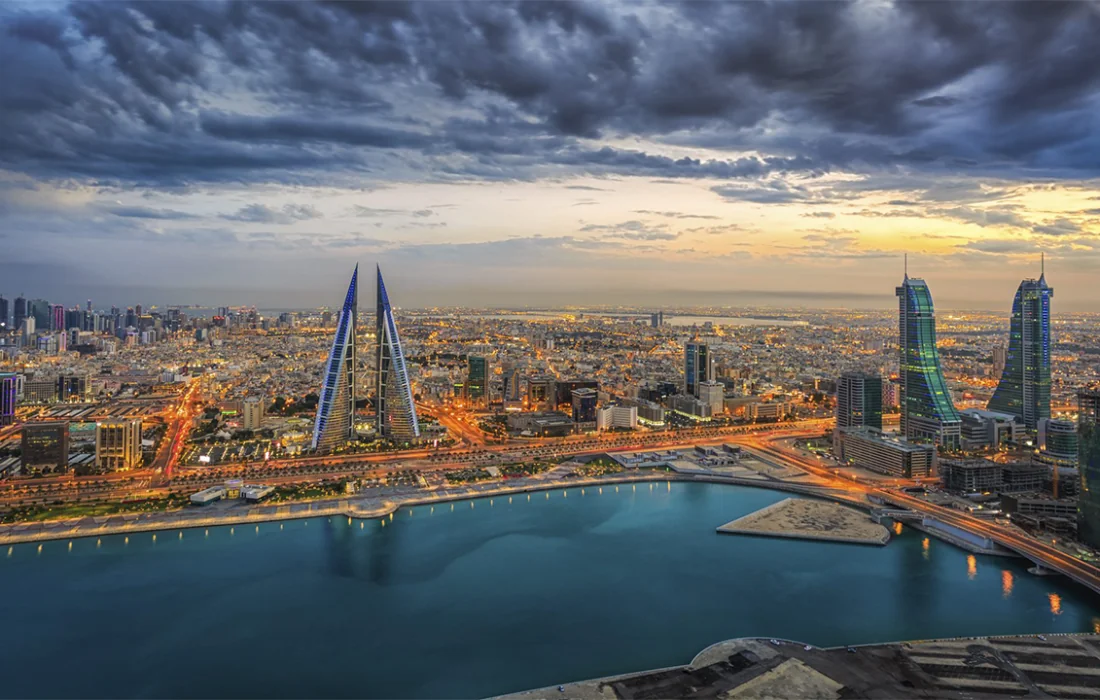- Saudi’s Monsha’at launched the second ‘Estrdad’ initiative, allocating USD 400M to refund government fees for startups and SMEs.
- The program supports young businesses during their first three years, boosting sustainability, competitiveness, and Vision 2030 goals.
- Refunds cover ten types of fees, including expatriate costs, licensing, and now patent registration to encourage innovation and growth.
Estrdad
Saudi’s Small and Medium Enterprises General Authority, Monsha’at, launched the second edition of the ‘Estrdad’ initiative. This initiative intends to refund government fees with a total value of USD 400 million (SAR 1.5B).
This initiative aims to support startups during their first three years, stimulate the business environment, and enhance their sustainability and competitiveness. Additionally, it is in alignment with Saudi’s Vision 2030 to create a supportive and sustainable business environment. It is also seeking to strengthen the contribution of SMEs in building a diverse and prosperous national economy.
The registration for the initiative begins from its launch date and continues until the end of 2026. Moreover, disbursement will be made periodically to eligible SMEs starting from the date of their qualification. The disbursement will continue until the end of 2028, aiming to support financial stability and foster growth.
Refund
Estrdad will cover refunds for 10 types of fees and financial costs, starting with 80% of expatriate fees. It will also include the fees of publishing the articles of association, commercial registration, municipality license, and the Saudi Post. In addition to the fees of the chambers of commerce subscriptions, trademark registration, and economic activity licenses. Moreover, this edition will include patent registration to encourage innovation and invention among national enterprises.
It is open to applicants that meet the criteria of being classified as micro, small, or medium enterprises. In addition to only having been in business for no more than three years; and having started activity no earlier than January 1, 2024.
Additionally, applicants must fulfill the following requirements:
- Classified as micro, small, or medium enterprises (MSMEs).
- In business for no more than three years, with activity starting no earlier than January 1, 2024.
- The registration of the first employee is marked the official start date of activity.
- Meeting the localization percentage set by the Ministry of Human Resources and Social Development.
- At least 60% owned by MSMEs or individuals.
- Fully Saudi-owned, with exceptions only for activities specified under the initiative’s terms.
- Engaged in licensed economic activities, as unlicensed entities are not eligible.
If you see something out of place or would like to contribute to this story, check out our Ethics and Policy section.


